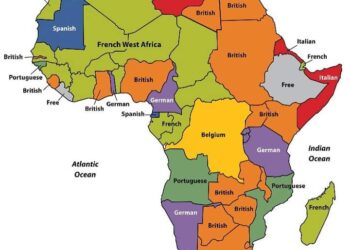As a people, and in our communities, it is paramount to have conversations around the safety and enablement of our citizens who live with albinism, Vice President Yemi Osinbajo, has said.
He stated this at a virtual event, attended by a number of distinguished personalities including diplomats such as the American Ambassador to Nigeria, Mary Beth Leonard, marking the World Albinism Day themed: “Strength Beyond All Odds” Sunday.
The VP said, “There is a need to see it for what it is a genetic difference, not a contagious disease or a public health problem.”
A statement by senior special assistant to the president on Media & Publicity Laolu Akande, said with the various challenges faced by the albinism community, Osinbajo stated the need to “have frank and robust conversations around the protection and empowerment of our compatriots that live with albinism.
“These conversations will drive change on two levels – in the public domain, where socio-cultural perceptions of Albinism that are rooted in ignorance and superstition can finally be laid to rest.”
He admitted that “this is not going to be an easy task because superstition and socio-cultural issues take a while to deal with, but we must aggressively begin to present counter-narratives to the socio-cultural misconceptions about albinism.”
Secondly, interventions made “must be designed to improve the lives of people living with albinism. The time is now to do more to reverse negative mindsets and socio-cultural stereotypes about albinism in our society. We must also go further to take deliberate steps as private individuals and public servants by giving them equal opportunity in the workplace and in social settings as well,” Osinbajo stated.
While commending the convener of the event, Jake Eppele, the vice president noted that “he is one of the most eloquent and influential spokespersons for the rights, protection, and welfare of albinos in Nigeria and the world over.
He said: “I think it is the hard work of people like Pastor Jake and in response to the numerous challenges faced by the albinism community in the country that led to the adoption in 2012, of the National Policy on Albinism.”




